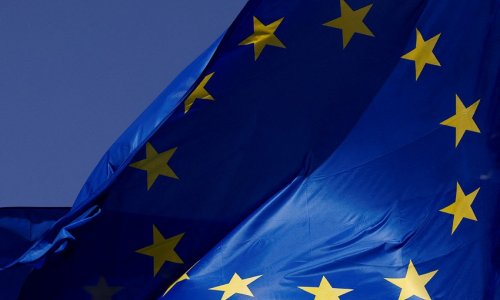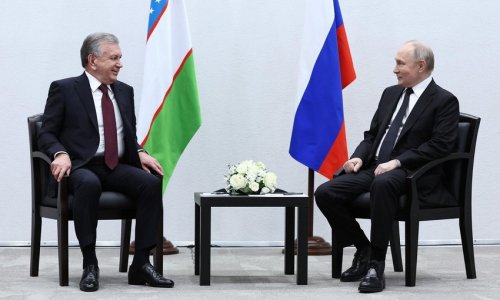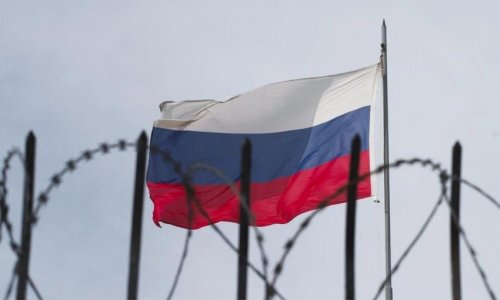Escalating violence has stirred international diplomacy out of its torpor.
The foreign ministers and envoys once again have to apply their wits trying to unravel that Gordian knot of international affairs since 1948, the Israeli-Palestinian issue.
So, US Secretary of State John Kerry talks about the urgent need to clarify the status of Jerusalem's holy places, while last week the French canvassed support in the UN Security Council for a new initiative, while all the time the death toll climbed in Israel and the occupied territories.
On Thursday, there are plans for Mr Kerry to meet Israeli Prime Minister Benjamin Netanyahu in Berlin.
What are they going to talk about these statesmen and women?
What value can there be, going to and fro, when so many different approaches have been tried before and failed?
Isn't the new Palestinian uprising, or intifada, fundamentally an upsurge of frustration with the hopelessness of it all?
We have some idea what these new approaches involve - but let's park that for a moment, because whatever people have in mind, it remains a fiendishly hard problem.
Having covered the search for a solution for the past 25 years, I can remember only too well the many different ways that were tried.
Back in 1991, a "comprehensive approach" was attempted at the Madrid Conference, with the idea that Israel should make peace with all its neighbours at once, resolving at the same time the Palestinian refugee issue.
Diplomats later abandoned this grandiose concept and tried incremental approaches in more recent years, from "Gaza First", to "Virtual Palestinian Statehood".
The idea was to work on what seemed achievable rather than get deadlocked on the most intractable final status issues (principally the question of Jerusalem and fate of Palestinian refugees).
Perhaps the most successful phase of peacemaking, the Oslo Agreement of 1993, involved a combination of these approaches, moving forward with a raft of Palestinian self-rule measures in Gaza and the West Bank, while pledging to resolve those intractable questions at the heart of the conflict later.
Both the Israeli far right and the militant Islamists of Hamas rejected the Oslo approach. And in 2000, when the second Intifada broke out, it died and thousands of lives were lost.
One of the widespread assumptions of negotiations back then was that the US would have to deliver Israel for a peace deal, and the EU and certain Arab states would have to get the Palestinians on board.
But all of this looks very problematic now - Mr Netanyahu and US President Barack Obama are hardly on speaking terms after Israel's abortive attempts to halt the Iran nuclear deal.
Meanwhile, many of the biggest donors to the Palestinian cause have held up cash intended to rebuild Gaza because of the failure of Hamas and the Palestinian Authority to move ahead with a process of reconciliation aimed at ending their near decade-long feud.
Without progress towards a working unity government, Palestinian participation in talks is problematic.
With things looking so bad, both Mr Netanyahu and senior Palestinian figures had started to flirt in recent years with abandoning the "two-state solution" or partition of disputed lands, and hint instead at a unitary state, each side implying it would hold the upper hand.
Seven months ago, Mr Netanyahu seemed to go back on a 2009 commitment to a Palestinian state, saying it had been given before turmoil engulfed the Arab world and that as of 2015, "any territory which would be handed over would be taken over by radical Islamists".
Palestinian President Mahmud Abbas, meanwhile, has focused efforts on taking Israel to the International Criminal Court for its 2014 campaign in Gaza, trying to halt settlement activity and drawing attention to what he characterises as Israeli attacks on Muslim holy sites in Jerusalem.
(BBC)
www.ann.az
Follow us !











